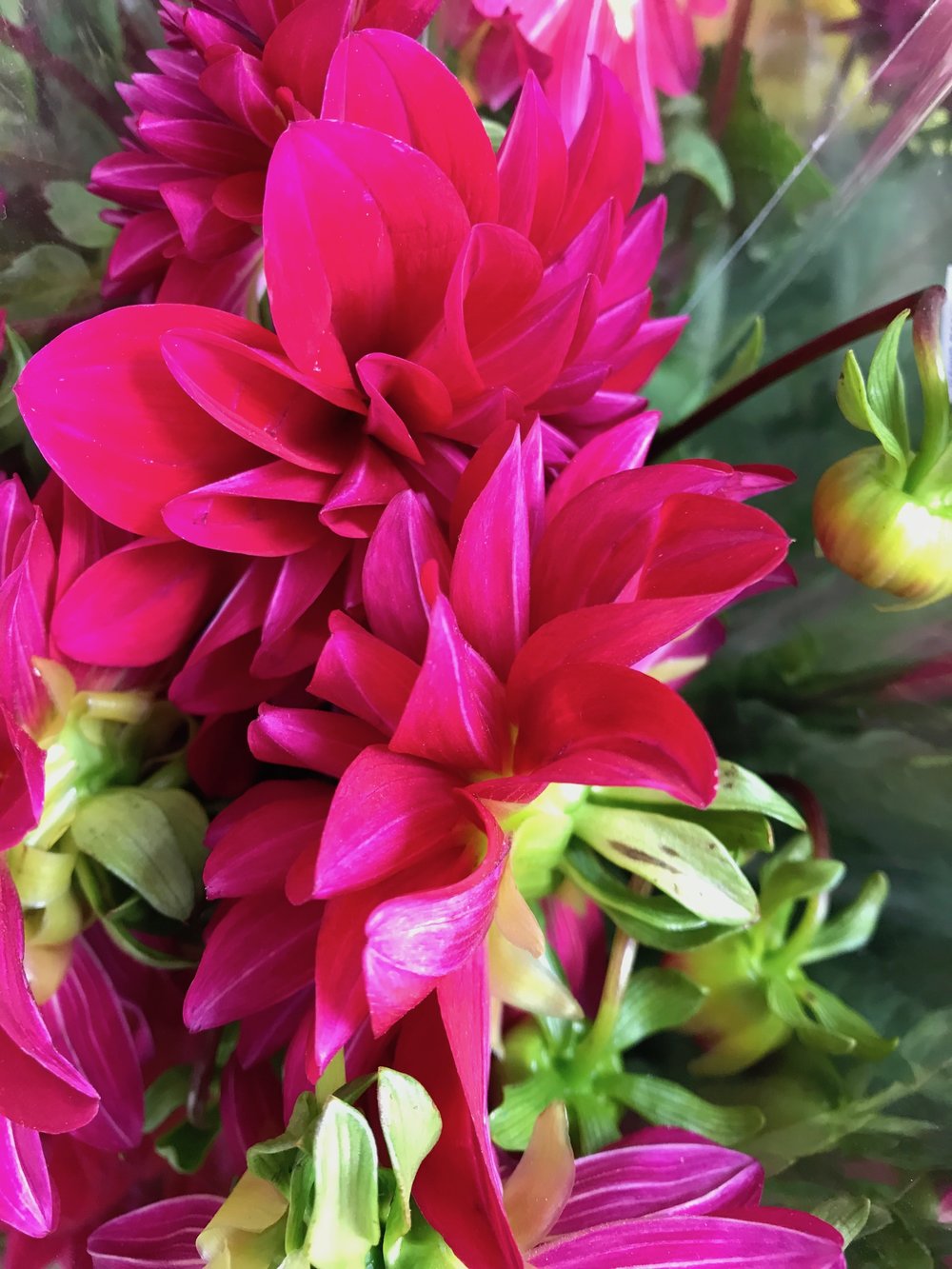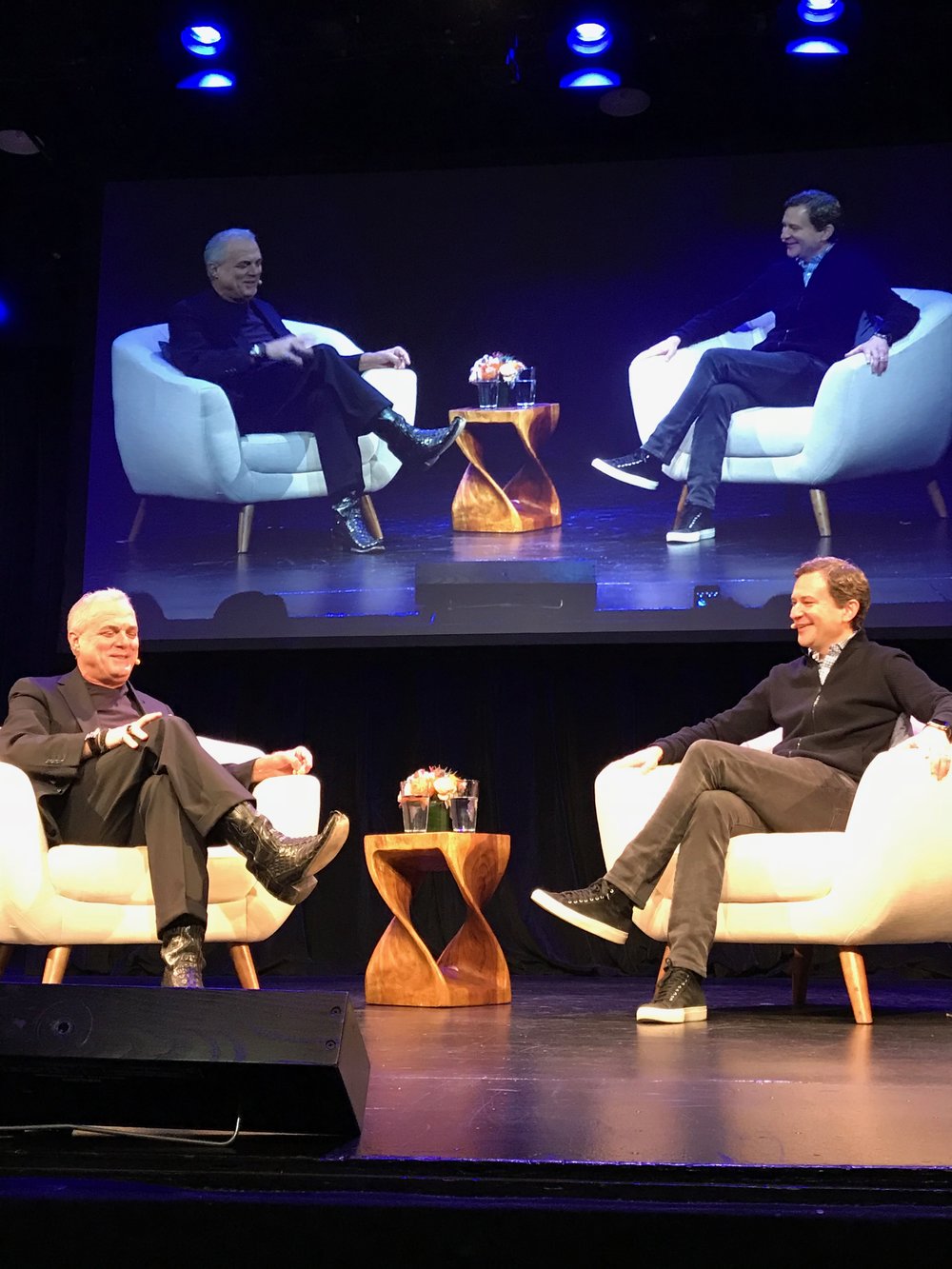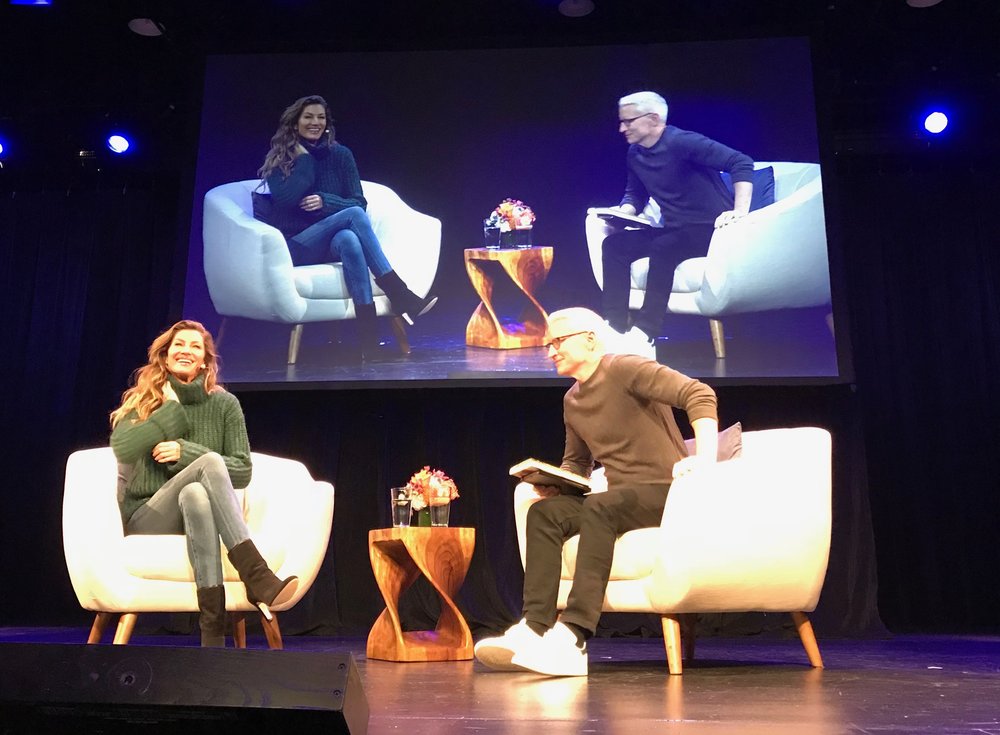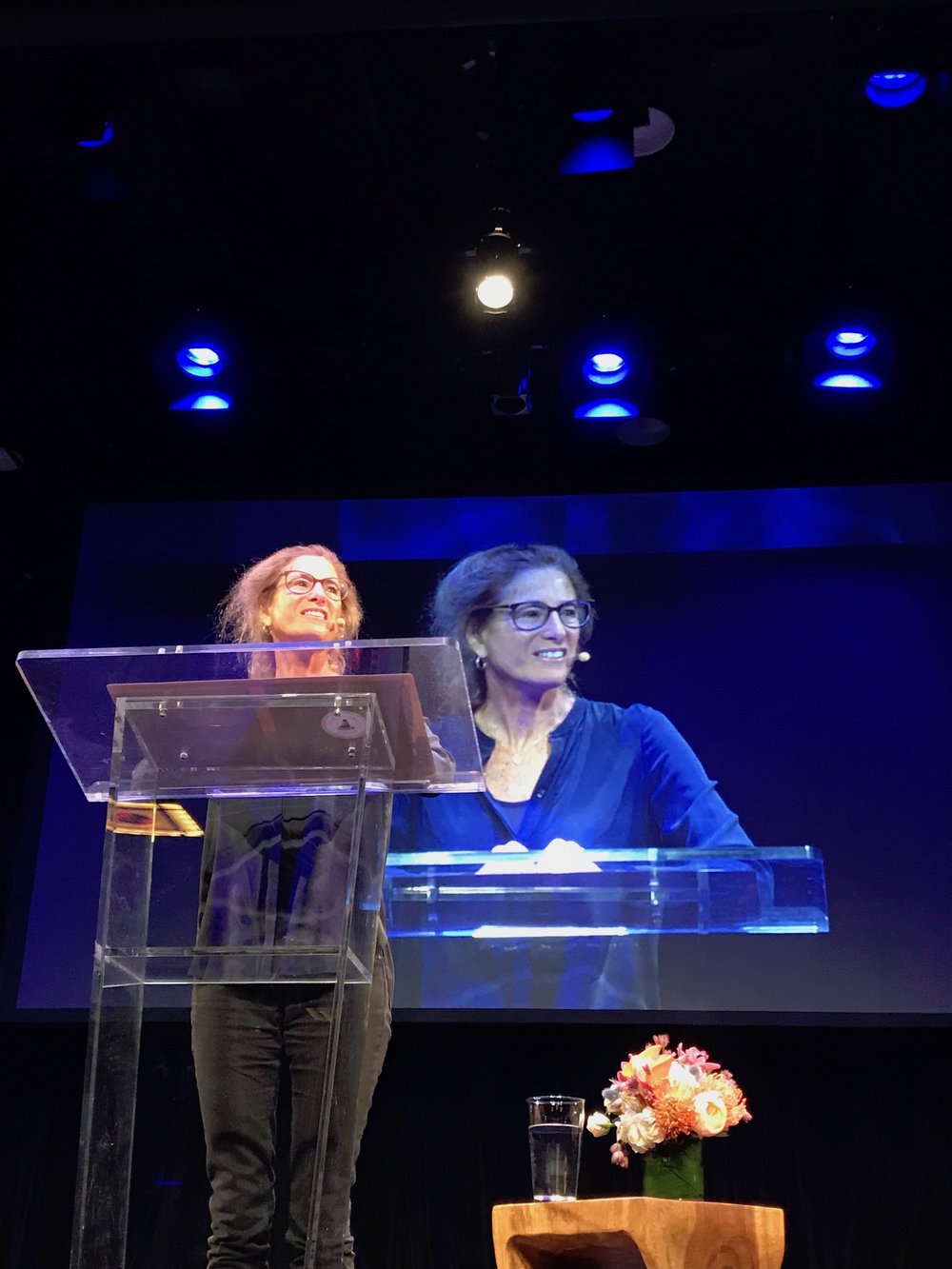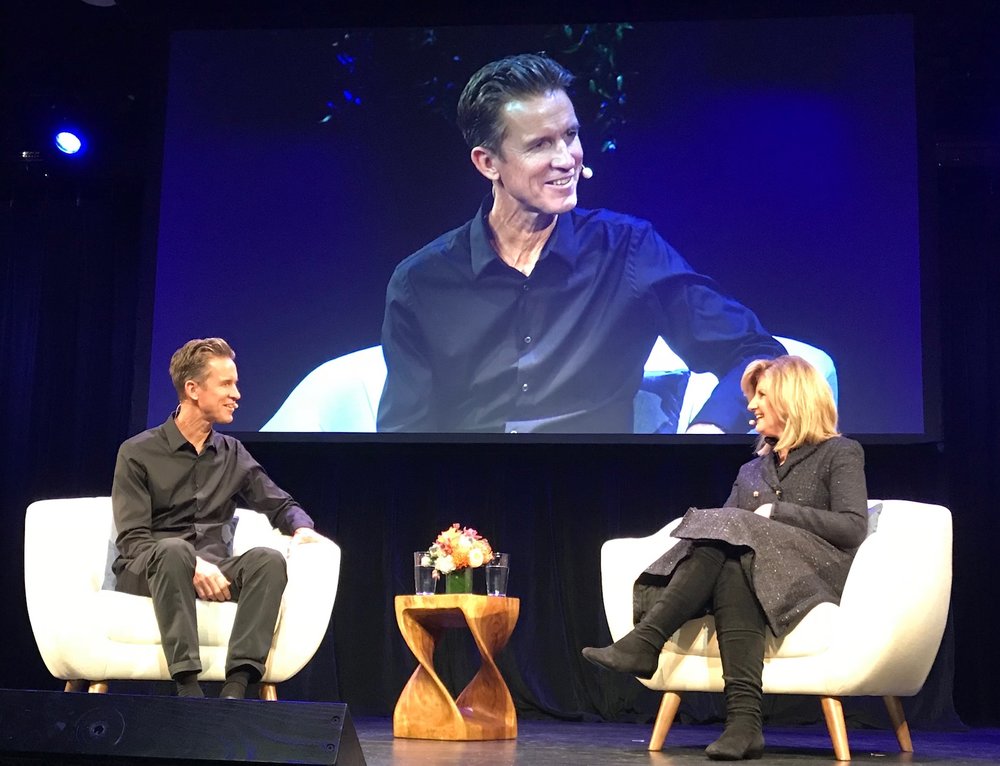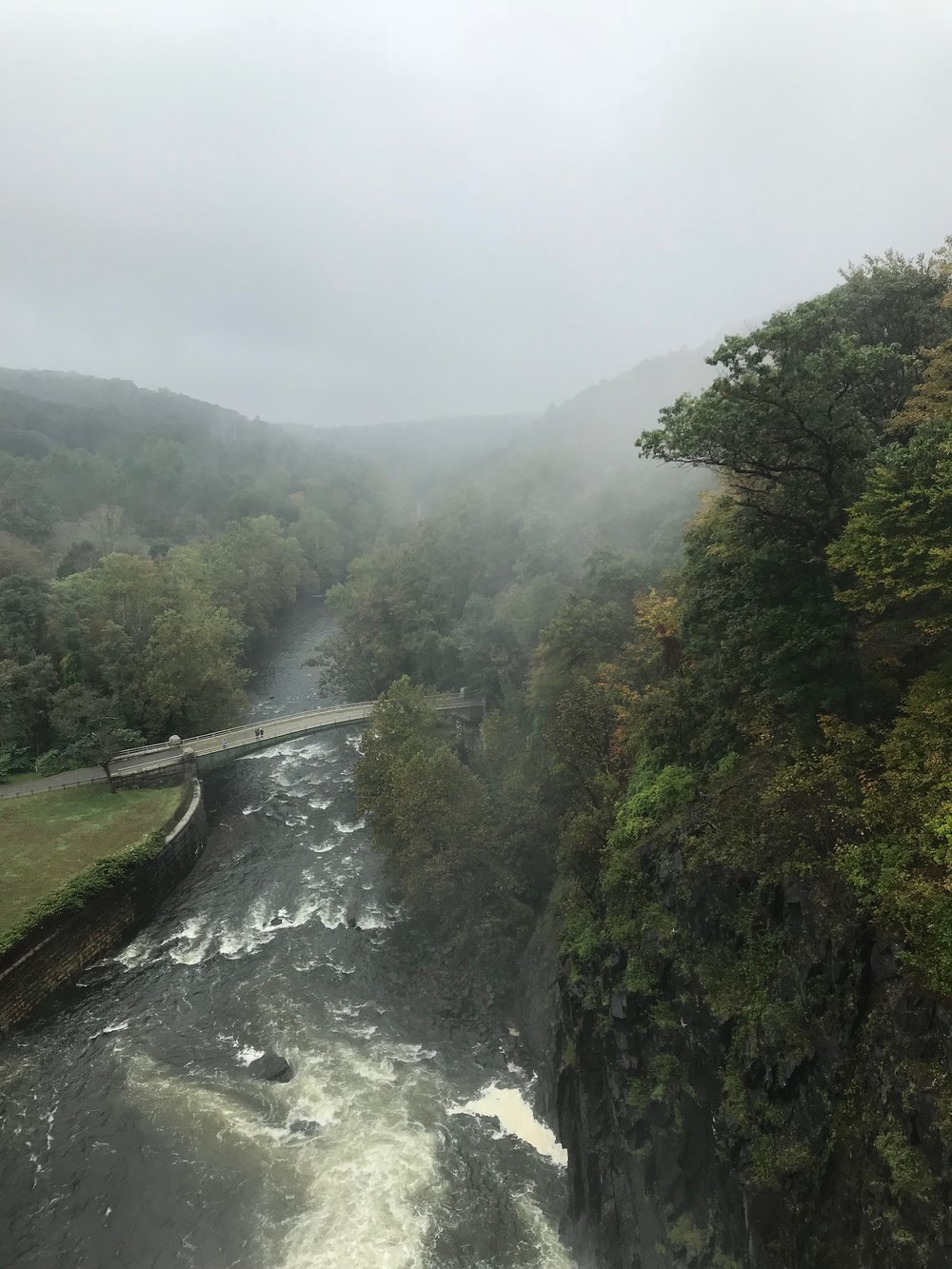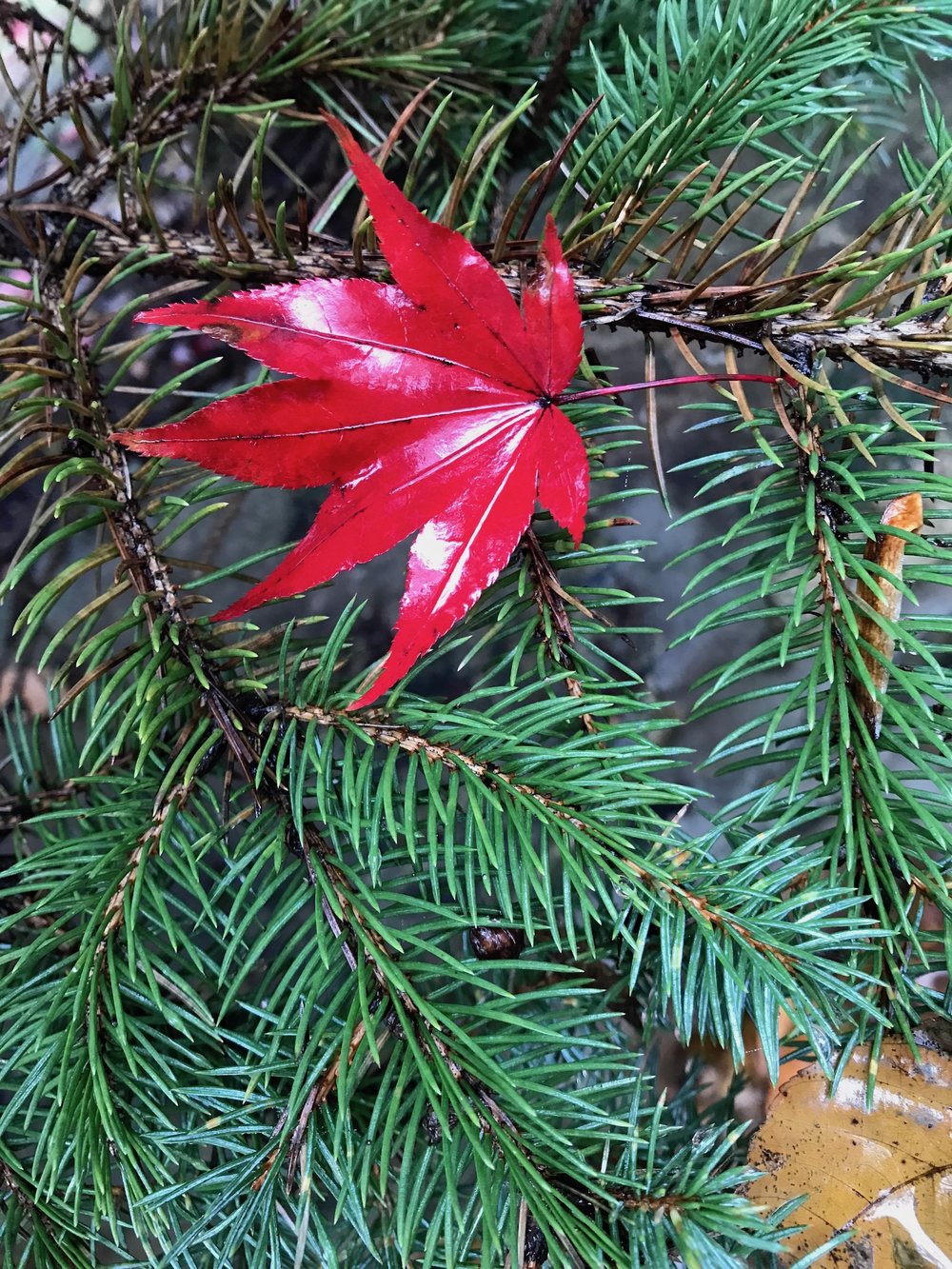
We are in the season. What season is that? I’m not talking about fall or winter, even though we are transitioning from one to the other. I’m talking about the season of gratitude that we as humans experience. You might say that every day and season should be filled with gratitude. It's hard to disagree with that. However, there is something about this time of year. It is a holiday, friends, and family-filled period, and it makes me feel that deep sense of gratitude even more. Is it just me or do you experience something similar?
Where is your gratitude opportunity?
We have an opportunity each day to notice, thank, and appreciate those around us. We can be thankful for the challenges that make us grow and the successes that allow us to feel that growth. We have an opportunity each moment to be grateful for the ability to make the changes we seek like organizing our lives to support us, or altering the inner script to be positive rather than negative, or to finding quiet amidst our busy and noise-filled lives. We have the chance each day to acknowledge the cheerleaders in our lives, the cherished friends and loved ones, and the strangers that extend a kind smile or graciously hold open a door for us. We have the ability each day to be grateful for the senses that let us feel, smell, see, hear, touch, and taste the beautiful world we live in.
What are you noticing?
I know there are so many things that aren’t right in the world. We see and hear about them from the news and casual conversations. We can quickly go down the rabbit hole of doom. There are so many more things, however, that are beautiful, right, and quietly positive in the world. They are there for the noticing. When we focus on the affirmative, gratitude follows. There are some are simple things that I notice like that cozy feeling of getting into bed at the end of a long day, or the flood of happy emotions I feel when I hug my loved ones after being apart, or the satisfaction of folding the laundry into neat little stacks. There are nature’s wonders to enjoy like the crunchy, morning frost on the leaves or the unexpected snowstorm that covers the ground with a blanket of white, or the sun-filled days that intensify the beautiful colors and shadows of the landscape.
Is gratitude timeless?
Gratitude is for the past, present, and future. We can be grateful for the people that have touched our lives but are no longer with us. We can be thankful for the mindful presence of being in the moment with the people we care about. We can be grateful for the friends, family, and loved ones that we will share time and experiences with in the coming months. Gratitude is timeless.
What happens with gratitude during the holidays?

Holidays can be a stressful time. When our stress levels rise, our gratitude levels tend to decrease. This week, like me, many of you are preparing for Thanksgiving. We’ll be hosting. Some of you might be traveling to see family or friends. Some of you might be hosting your own celebrations. Perhaps others will be flying solo this year. Whatever you’re doing, wherever you’ll be, remember that there is always something, someone, and someplace to be grateful for. Allow yourself to notice the brightness. It’s waiting for you to see and feel it. I wish you and your family a happy, joyous, and gratitude-filled holiday season.
What are you feeling grateful for right now? I’d love to hear your thoughts. I invite you to come and join the conversation.








